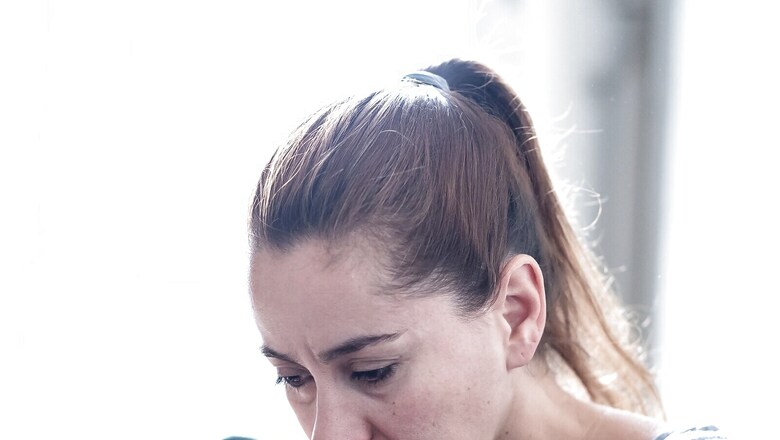
views
When women get pregnant, they experience a roller coaster of emotions, physical stress and behavioral patterns. The complex mix of physical, emotional and behavioral changes that a woman goes through after giving birth is known as Postpartum Depression (PPD). While 1 in 10 women who give birth experience PPD, 1 in 1000 women experience a more severe condition known as postpartum psychosis.
While the condition’s root cause isn’t pinpointed yet, it might be linked to the sudden drop in hormones post-delivery. The estrogen and progesterone hormones that grow tenfold when a woman is pregnant take a steep fall and come back to the pre-pregnancy levels within three days of the delivery. Along with these chemical changes, the social and psychological changes also factor in when it comes to PPD.
Symptoms of PPD
Since the particulars of PPD are still an estimate, the symptoms cannot be pinpointed either. But, the major symptoms that many women face after delivery are:
- Severe fatigue
- Trouble sleeping
- Frequent mood change
- Lower libido
- Appetite changes
Other than these, some more uncommon symptoms are being uninterested in your newborn, severe anger or crankiness, loss of pleasure, feeling of worthlessness, crying, decreased decision-making power, and thoughts of death or suicide.
If these symptoms persist for more than 2 weeks and the woman isn’t able to function normally in everyday situations, it is best to seek immediate medical attention.
Types of PPD
The different types of PPD are:
- Postpartum blues or baby blues
- Postpartum Anxiety
- Postpartum Obsessive-Compulsive Disorder (OCD)
- Postpartum Panic Disorder
- Postpartum Post-Traumatic Stress Disorder (PTSD)
- Postpartum Psychosis
- Treatment And Prevention
PPD is treated in various ways depending on the severity of the condition in a woman. These include anti-depressant and anti-anxiety medications, psychotherapy and participation in support groups and counselling.
The preventive measures are to tell your doctor about your history of depression if you have one. That way the doctor can monitor your mental health throughout the pregnancy and post-delivery. This ensures that the symptoms don’t get too severe and even if they do, proper medication and treatment can be carried out for you to feel better.
Read all the Latest Lifestyle News and Breaking News here

















Comments
0 comment